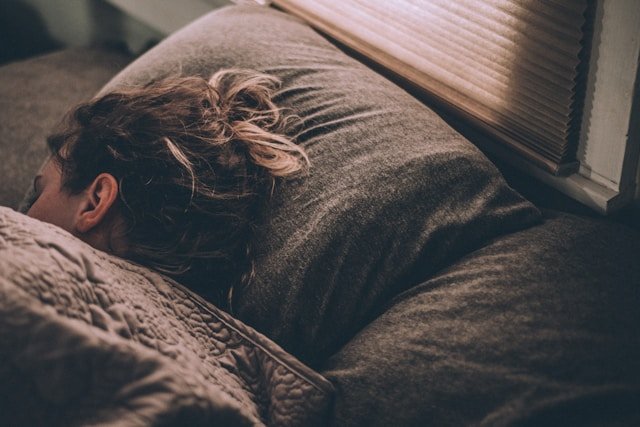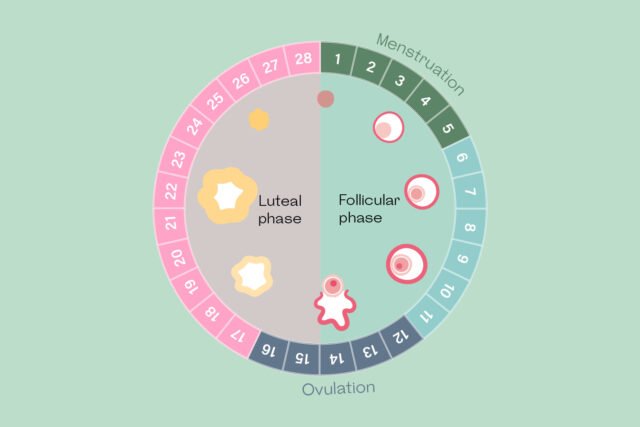
*This post may contain affiliate links. Read more.*
Introduction: Why Quality Sleep Matters
In today’s fast-paced world, quality sleep often takes a backseat as many people juggle busy schedules, work pressures, and personal commitments. However, sleep is one of the most important aspects of our well-being, impacting everything from our immune function to mental clarity, emotional balance, and even longevity. When we don’t get enough sleep, we begin to notice consequences, feeling sluggish during the day, becoming more prone to illness, or having difficulty focusing.
Inadequate sleep can lead to various health problems, including chronic stress, weakened immunity, and cognitive impairments, all of which can deeply affect one’s quality of life. Given the numerous benefits of good sleep, it’s clear that we must prioritize it, but unfortunately, many people are still turning to pharmaceutical solutions in hopes of solving their sleep problems. While medications can be effective, they often come with side effects, including dependency, grogginess, and the potential for disrupted sleep cycles over time.
Instead of relying on these options, many are turning to natural remedies for a safer, more holistic approach to achieving deep, restorative sleep. Natural remedies, such as CBD oil, herbal supplements, meditation, and other stress-relieving techniques, offer a gentler way to unwind, relax, and sleep better without the risks of pharmaceuticals. In this article, we’ll explore some of the best natural remedies for restful sleep and relaxation.
CBD Oil for Sleep & Recovery: How It Works
Cannabidiol (CBD) has become increasingly popular for its potential health benefits, particularly when it comes to supporting sleep and relaxation. A compound derived from the hemp plant, CBD is non-psychoactive, which means it doesn’t cause the “high” associated with THC (tetrahydrocannabinol). This makes it an appealing option for those looking to relax and manage stress without the mind-altering effects of cannabis.
CBD interacts with the body’s endocannabinoid system, which plays a role in regulating many physiological processes, including sleep. This system helps the body maintain balance (homeostasis), and research suggests that CBD can help ease stress, reduce anxiety, and even alleviate chronic pain, all factors that can significantly disrupt sleep.
Scientific research has shown that CBD can improve sleep quality, especially for individuals who suffer from conditions such as anxiety or chronic pain. According to a blog post by Harvard Health,
“Cannabidiol (CBD) shows potential in treating conditions such as chronic pain and anxiety, which can significantly improve the quality of sleep (Harvard Health).”
By helping calm the mind and body, CBD may offer an effective natural solution for those struggling with sleeplessness. While the effects of CBD can vary, many users have reported improvements in both the speed of falling asleep and the quality of sleep. However, as with any remedy, it may take some time to find the right dosage and form that works best for your individual needs.
Herbal Remedies for Sleep and Relaxation
In addition to CBD, there are a wide variety of herbs that have been used for centuries to promote relaxation and improve sleep quality. Herbs such as chamomile, valerian root, and lemon balm have long been known for their calming properties. These herbs can be taken in many different forms, including teas, tinctures, and capsules. Many people enjoy sipping on a warm cup of chamomile tea before bed to help relax, ease anxiety, and prepare for sleep.
Chamomile, in particular, has been used for centuries to ease insomnia and calm the nervous system. Its mild sedative effect helps relax the muscles and soothe the mind, making it easier to drift off to sleep. Studies have shown that chamomile extract can improve sleep quality and reduce the time it takes to fall asleep.
Valerian root is another herb with a long history of use for sleep and relaxation. Known for its calming effects, valerian root is often used as a natural remedy for insomnia and anxiety. It works by increasing the levels of GABA (gamma-aminobutyric acid) in the brain, a neurotransmitter that promotes relaxation and helps regulate sleep. Valerian is typically available in capsule or tincture form and can be taken before bed for a more restful sleep.
Lemon balm, a member of the mint family, is also a popular herb for relaxation and sleep. It has a mild sedative effect and can help calm the nervous system. Lemon balm is often combined with other herbs, such as valerian root or chamomile, for enhanced sleep support.
If you’re interested in learning more about these herbs and how to incorporate them into your routine, there are many resources available, such as books and guides, that provide detailed instructions on using herbal remedies for sleep and relaxation.
Other Natural Techniques for Better Sleep
While CBD oil and herbal remedies can be powerful tools for improving sleep, they aren’t the only natural solutions. Incorporating other techniques such as meditation, deep breathing exercises, and aromatherapy into your bedtime routine can also be incredibly effective in helping you relax and unwind before sleep.
Meditation is an excellent practice for calming the mind and preparing it for rest. By focusing on the present moment and letting go of the stresses of the day, meditation can help reduce anxiety and mental chatter. Guided meditation, mindfulness practices, or simply focusing on your breath can help bring a sense of peace and relaxation that facilitates better sleep.
Breathing exercises are another simple yet powerful tool for relaxation. Techniques like deep abdominal breathing or the 4-7-8 method (inhale for 4 seconds, hold for 7 seconds, and exhale for 8 seconds) can help activate the body’s parasympathetic nervous system, which promotes relaxation and prepares the body for sleep. Breathing deeply helps lower cortisol levels, reduce tension, and signal to your brain that it’s time to wind down.
Aromatherapy is another wonderful addition to any sleep routine. Essential oils, such as lavender, chamomile, and sandalwood, have been shown to promote relaxation and improve sleep quality. Diffusing these oils in your bedroom before bed, using them in a warm bath, or applying them topically (with proper dilution) can help soothe your mind and body, creating a calming atmosphere conducive to sleep.
Additionally, creating a sleep-friendly environment is essential. This includes reducing light exposure before bed by using dim lighting and avoiding screen time, which can interfere with the production of melatonin, the hormone that regulates your sleep-wake cycle. Keeping the room cool, around 60 to 67°F (15 to 20°C), can also help promote better sleep. If noise is a concern, consider using a white noise machine or earplugs to block out distractions.
Conclusion
Natural remedies, including CBD oil, herbal supplements, and relaxation techniques, provide a safe and effective way to achieve restful sleep without the need for pharmaceutical solutions. Incorporating these practices into your daily routine can help reduce stress, improve sleep quality, and enhance overall well-being.
By combining a variety of natural remedies, such as relaxation-promoting herbs, mindful breathing, and aromatherapy, you can create a bedtime routine that supports a better night’s sleep. It’s important to approach these remedies with patience, as everyone’s needs are different. The key is consistency over time, these natural practices can help you unwind, de-stress, and experience the restful sleep you’ve been seeking.
If you’re looking to begin your journey toward better sleep, consider experimenting with some of the natural remedies mentioned here. Whether you choose to try CBD oil, sip on herbal teas, meditate, or use essential oils, you can start making small changes today that may have a big impact on your sleep quality tonight.
#CBD oil benefits #holistic wellness #home remedies #relaxation techniques #sleep support #stress relief










